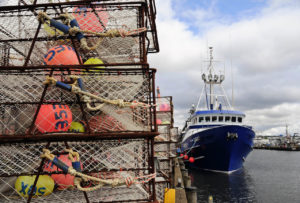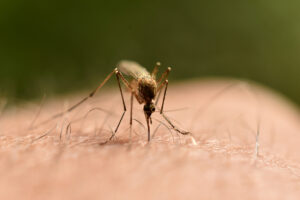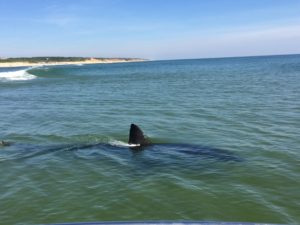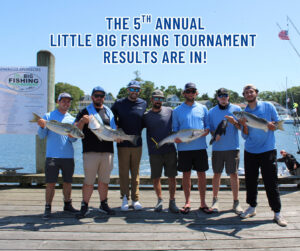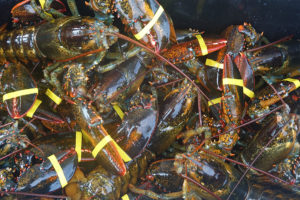HYANNIS – The United States continues to make progress in its management of the nation’s fish stocks as the overfished list has dropped to a new all-time low.
NOAA’s annual report on the status of U.S. marine fisheries shows that at the end of 2017 the number of stocks on the overfishing list remained at 30, while the number of stocks on the overfished list dropped to 35 from 38 in 2016.
Only 15 percent of assessed stocks are listed as overfished.
“The number of stocks on the overfishing list also remained near all-time lows with just 9 percent of stocks subject to overfishing,” said Alan Risenhoover, NOAA Fisheries Director of the Office of Sustainable Fisheries.
Stocks are on the overfishing list when the catch rate is too high. Overfishing is associated with several negative outcomes, including a depleted population.
Current management practices, such as annual catch limits and accountability measures, reduce the likelihood of overfishing.
Stocks are classified as overfished when the population is too low. Overfished stocks can be the result of many factors, including overfishing, as well as habitat degradation, pollution, climate change, and disease.
While overfishing is sometimes the main cause of an overfished stock, these other factors can also play a role and may affect the stock’s ability to rebuild.
Additionally, three more fish stocks were rebuilt in 2017. The total number of rebuilt stocks since 2000 is now 44.
Locally, stocks removed from the overfishing list include sailfish, in the Western Atlantic, winter flounder, in Georges Bank, and witch flounder on the Northwestern Atlantic coast.
Shortfin mako, in the North Atlantic, and red hake, in Southern Georges Bank and the Mid-Atlantic were added to the overfishing list in 2017.
The shortfin mako and red hake were also added to the overfished list.
Winter flounder was also removed from the overfished list, along with bluefin tuna, in the Western Atlantic.
“As we get more information on fisheries, we may be able to take them off the overfished list,” Risenhoover said. “In the case of bluefin tuna, we don’t have enough information or there isn’t new science that gives us the ability to project a new stock size.”
The quota was increased for Bluefin tuna in the Atlantic even though an international commission was not able to determine if the stock was overfished.
“That stock is getting better as we look forward on managing it,” Risenhoover said.
None of the stocks added to the rebuilt list in 2017 are species in the Atlantic Ocean.
The United States has become an international leader in fisheries management under the Magnuson-Stevens Act.
Sustainable fisheries play an important role for the country economically by providing opportunities for commercial and recreational fishing, marine aquaculture and sustainable seafood.
“By working to achieve management goals, ending overfishing and rebuilding stocks we are continuing to see big returns for the U.S. economy, fishing communities and marine ecosystems,” Risenhoover said.




